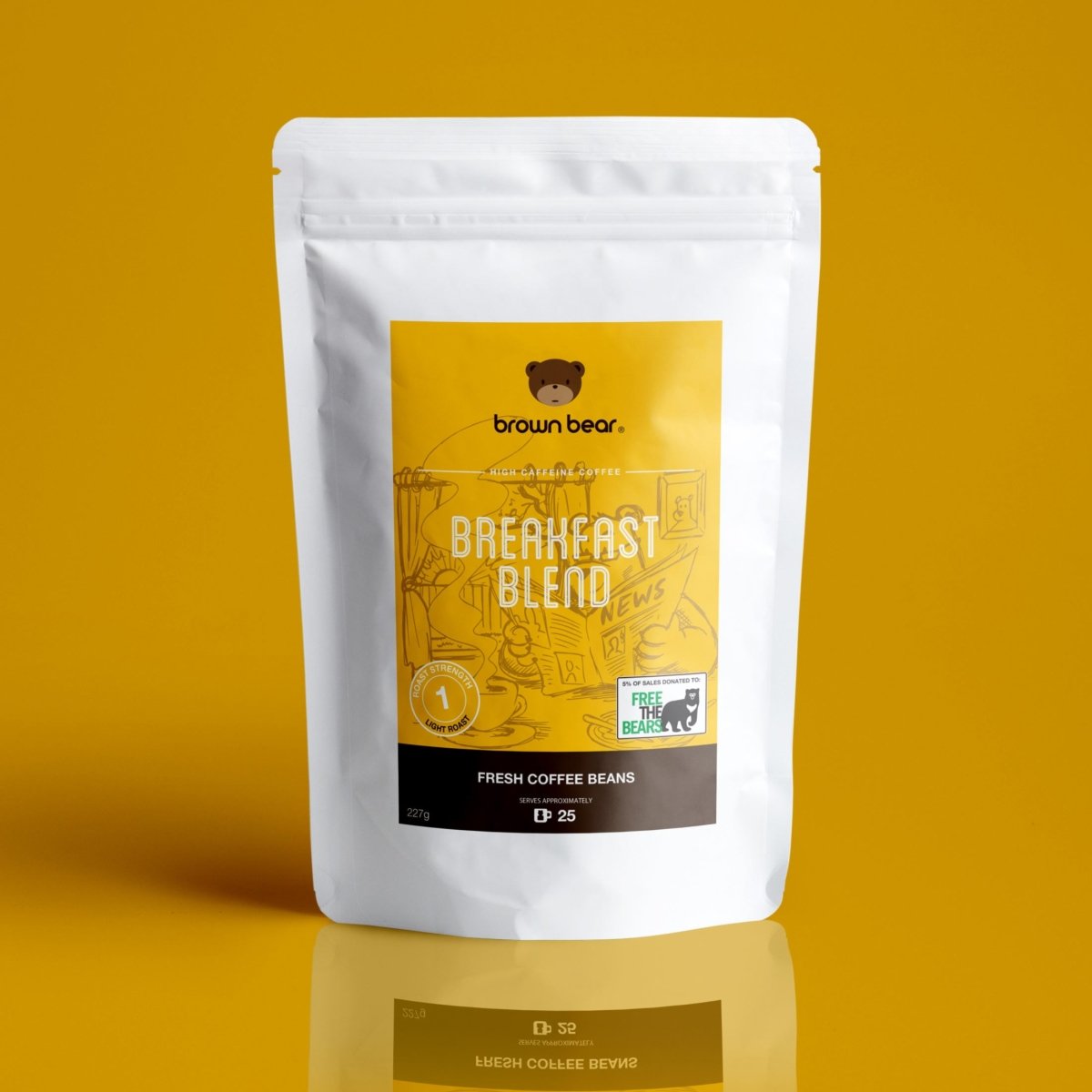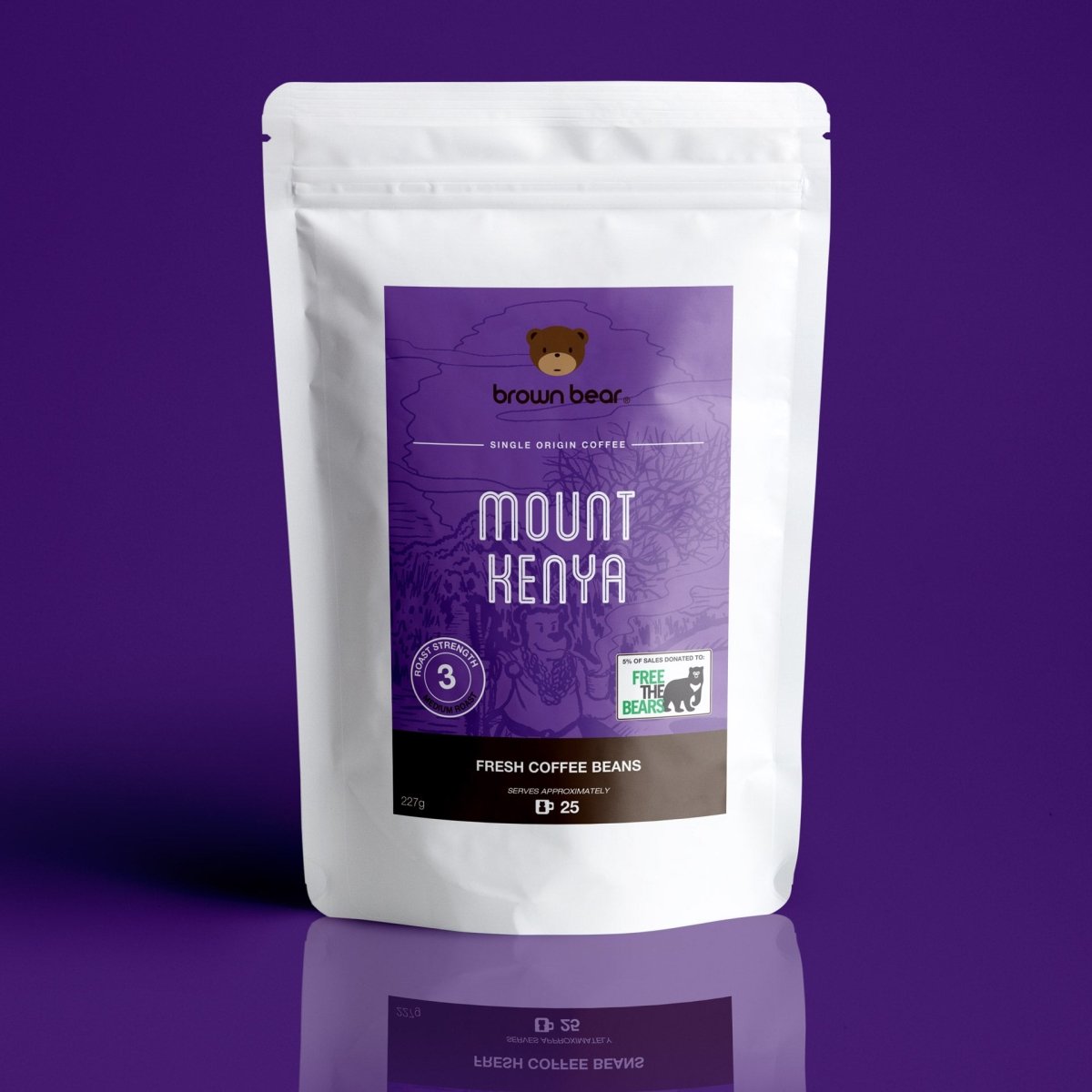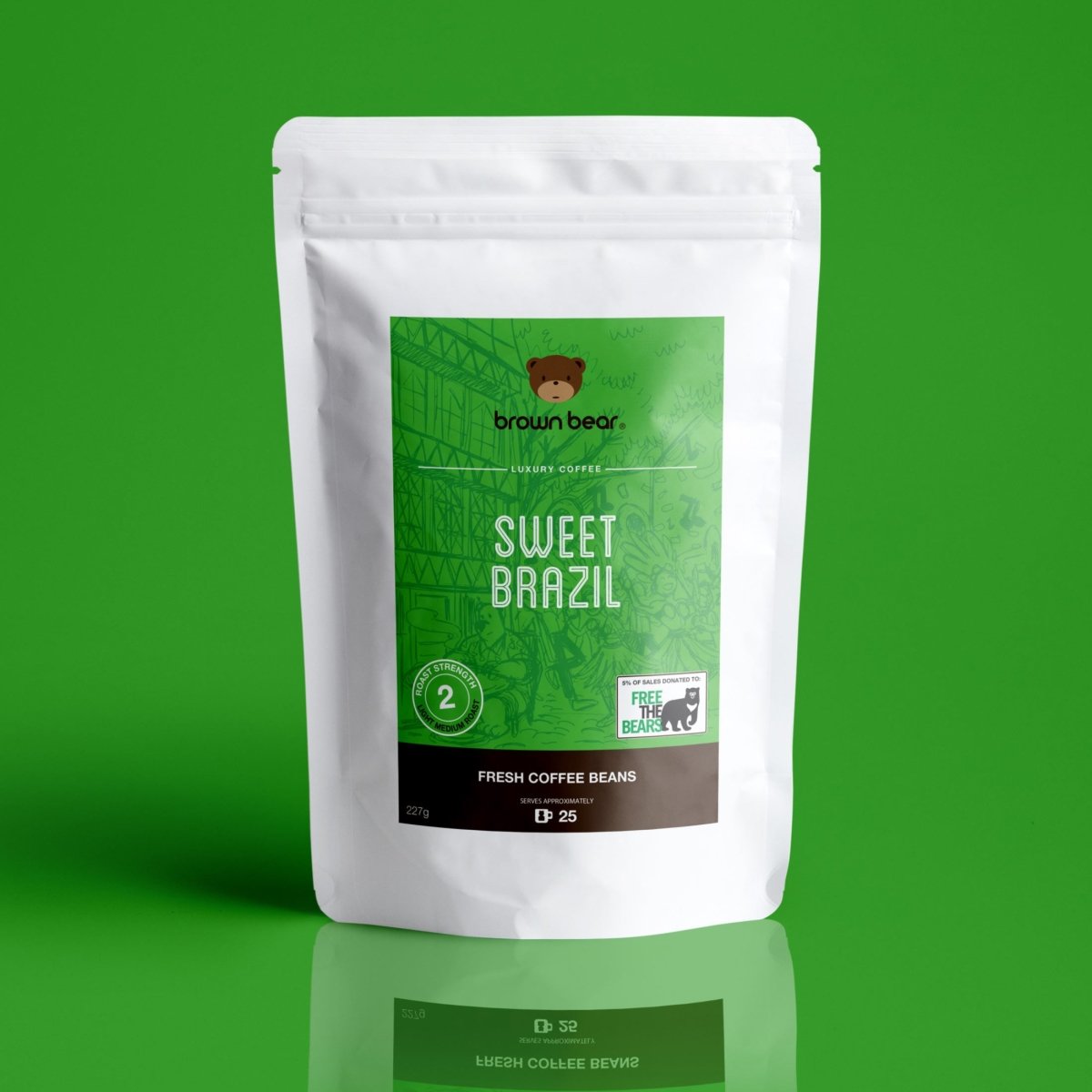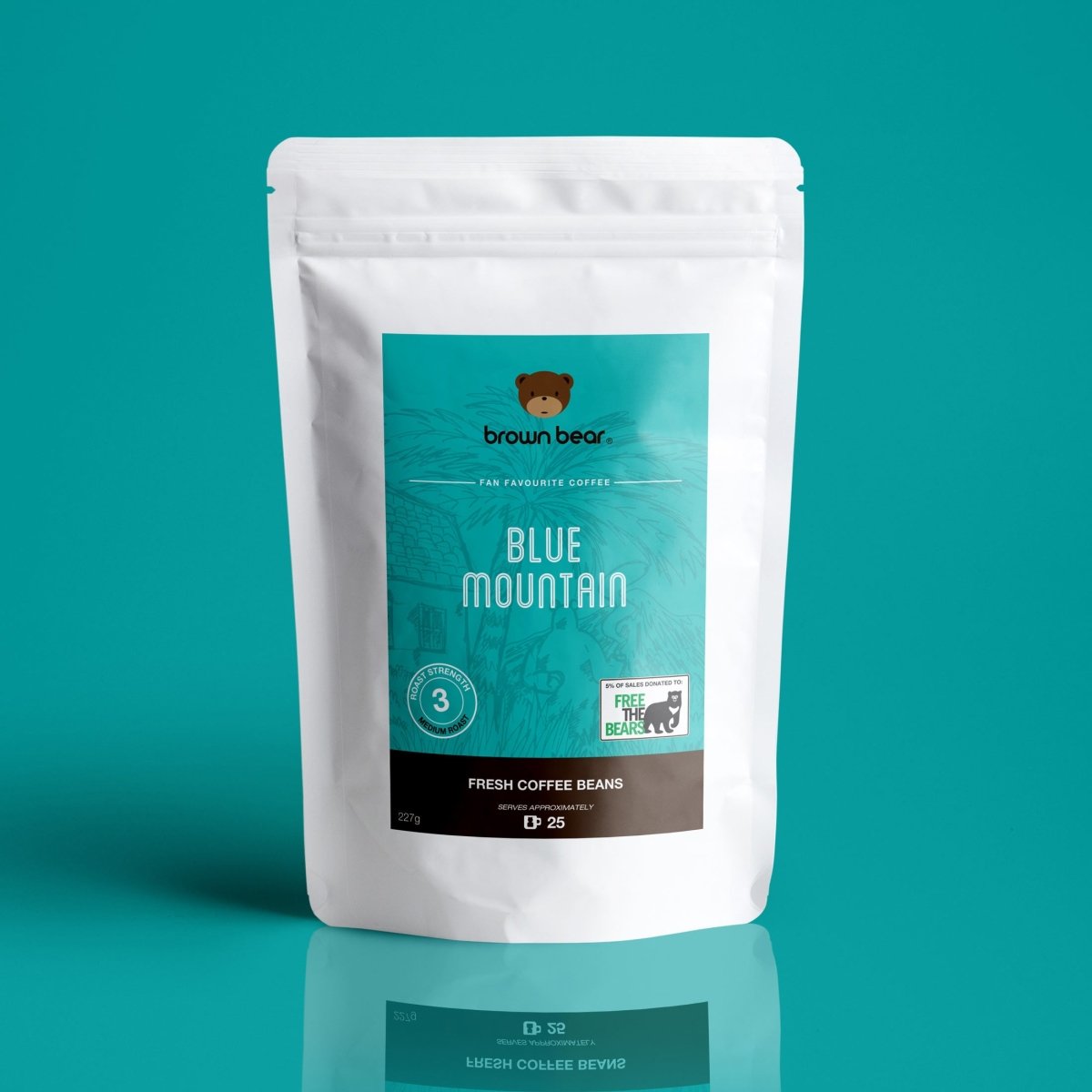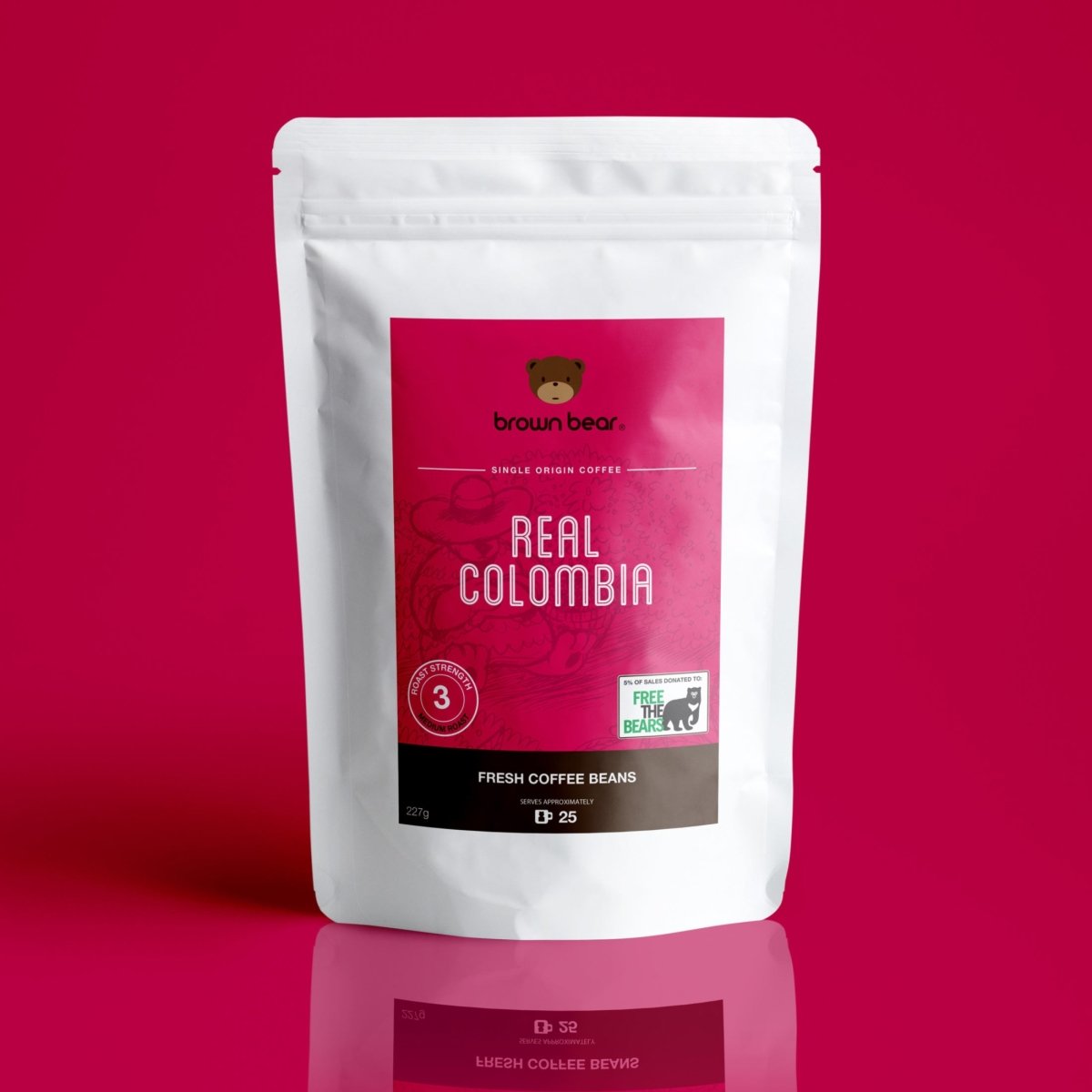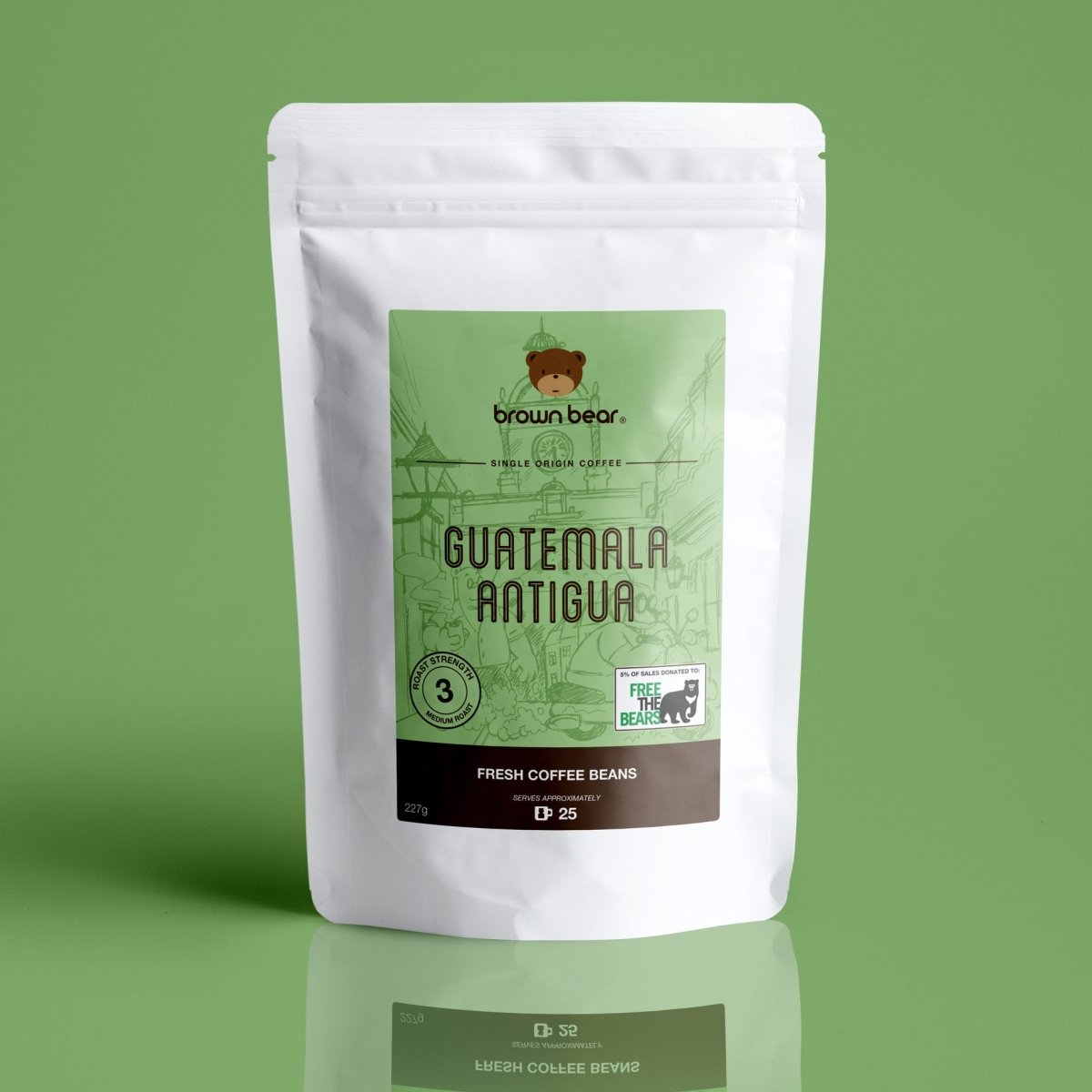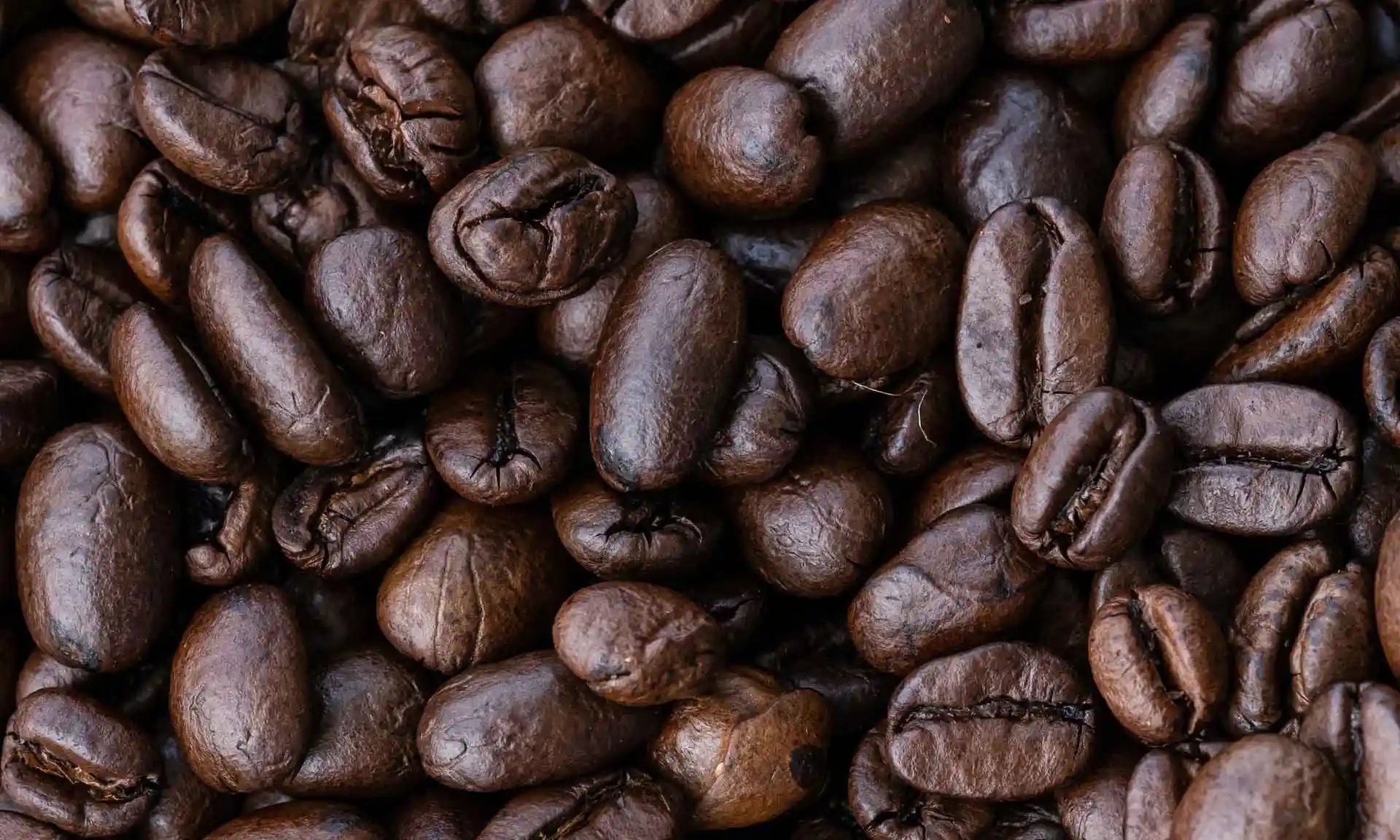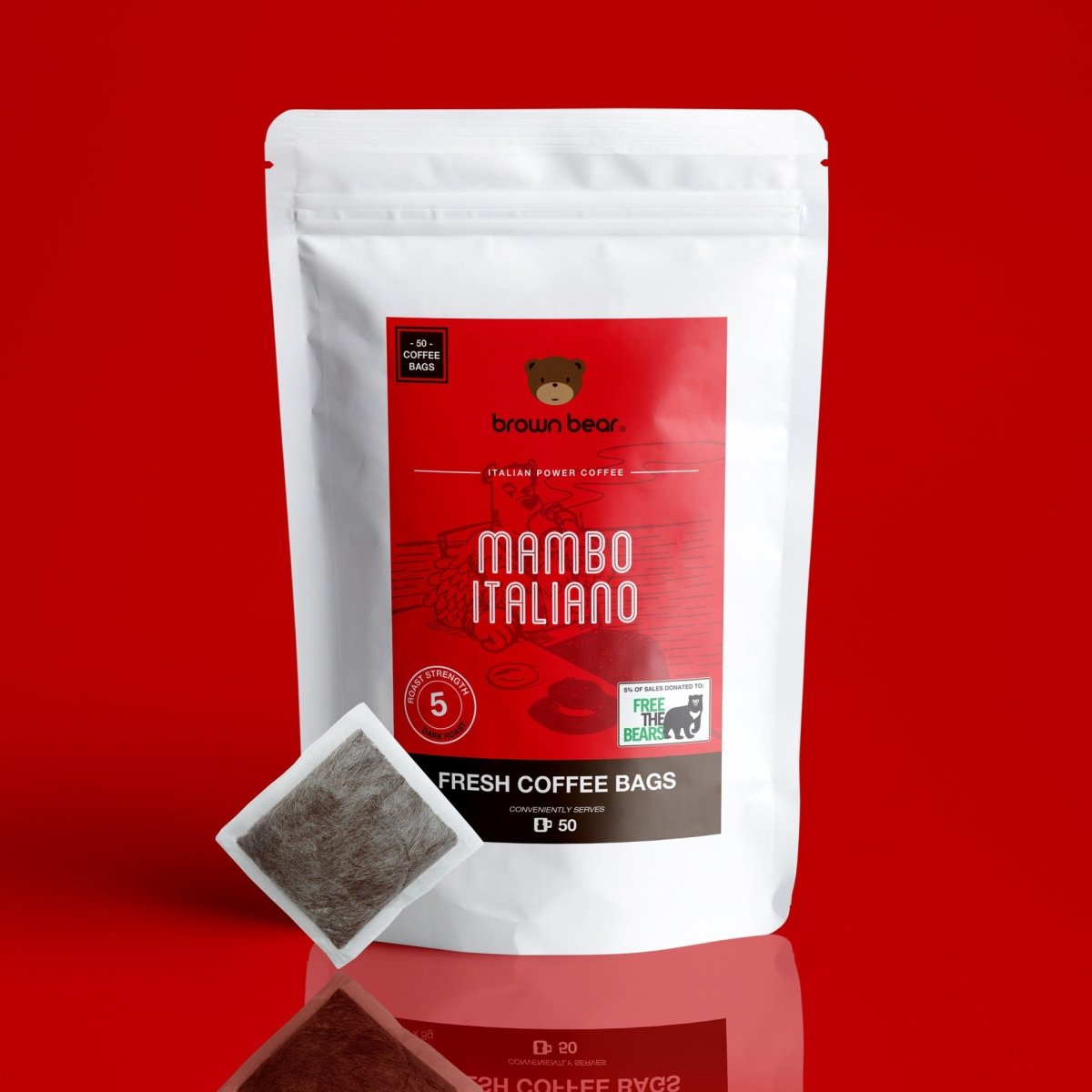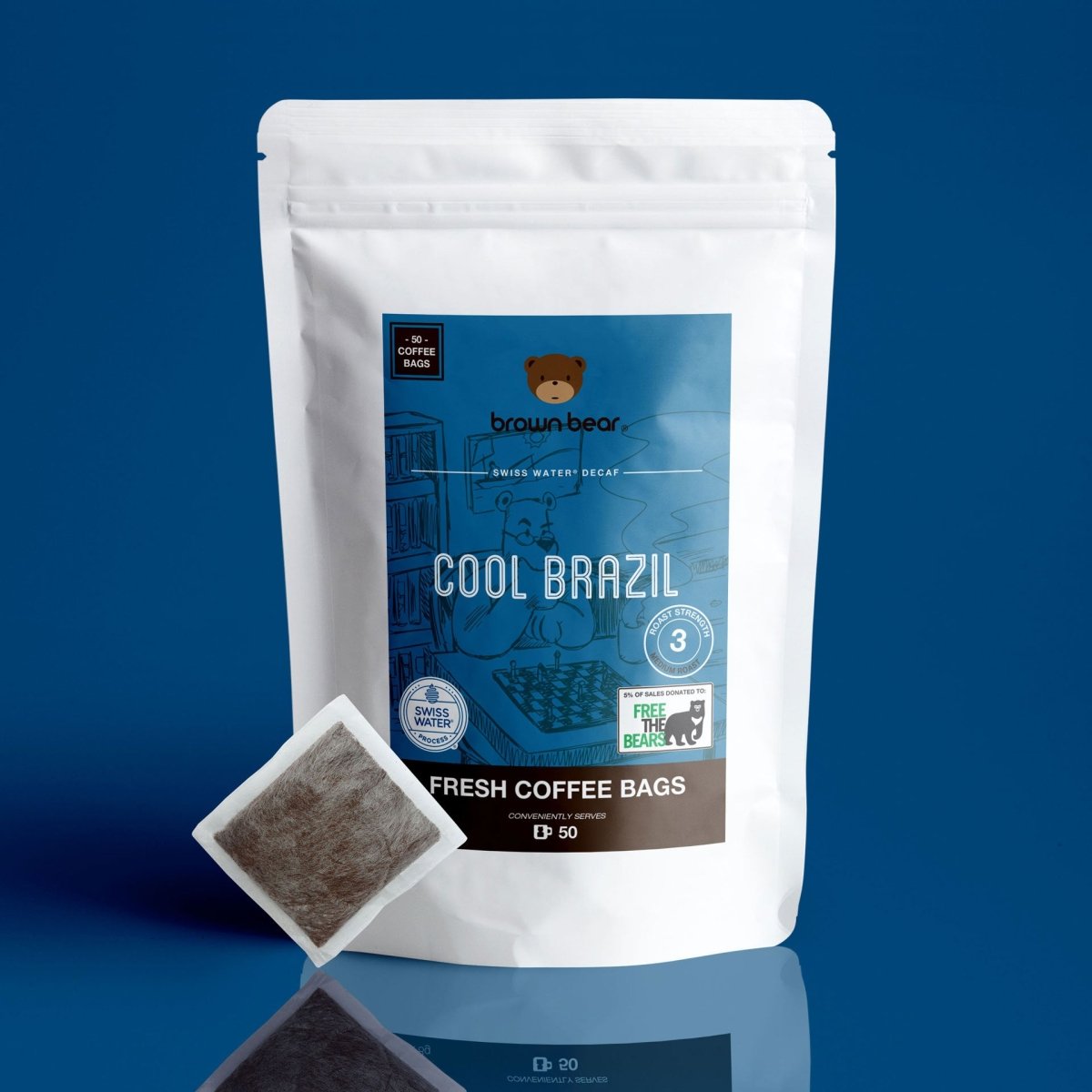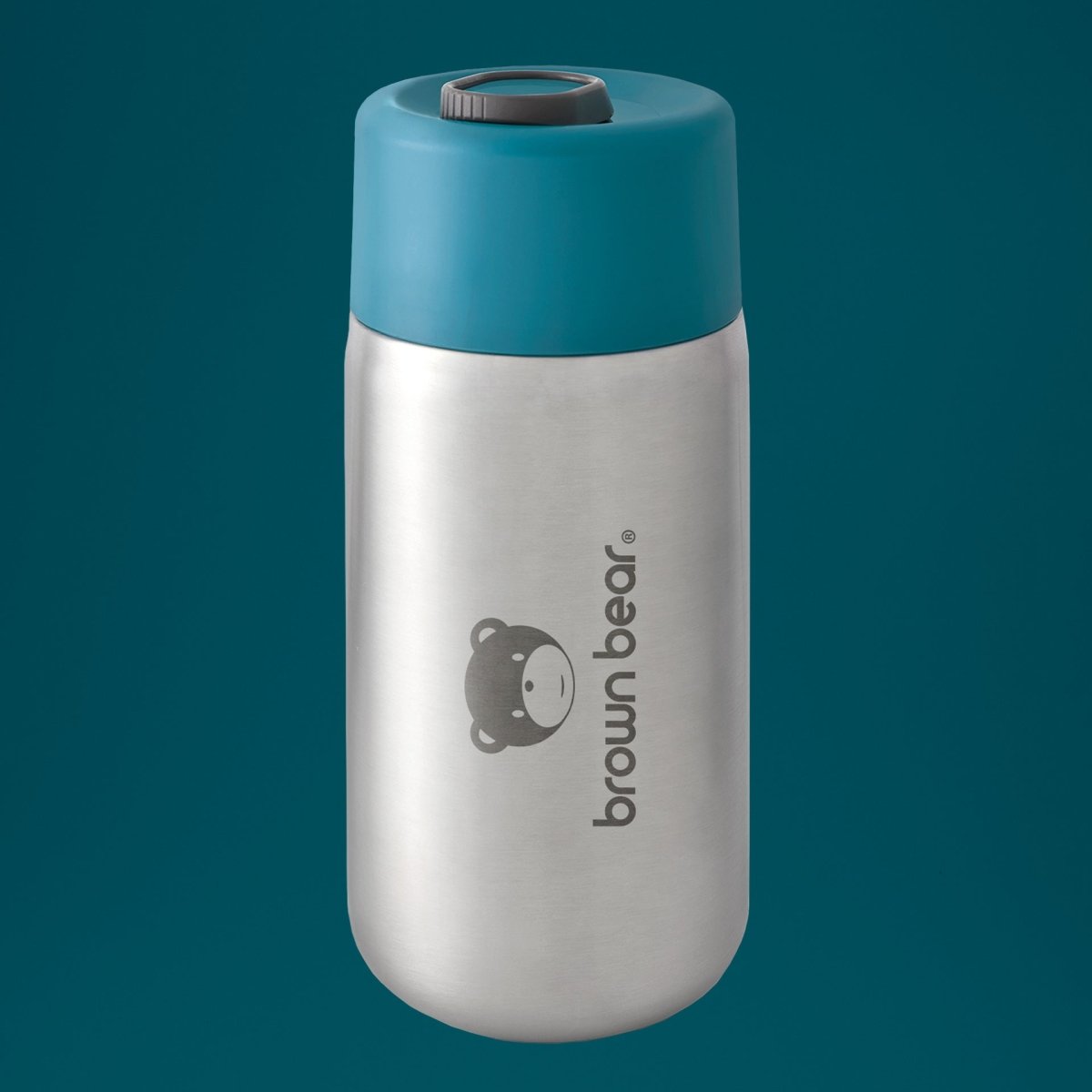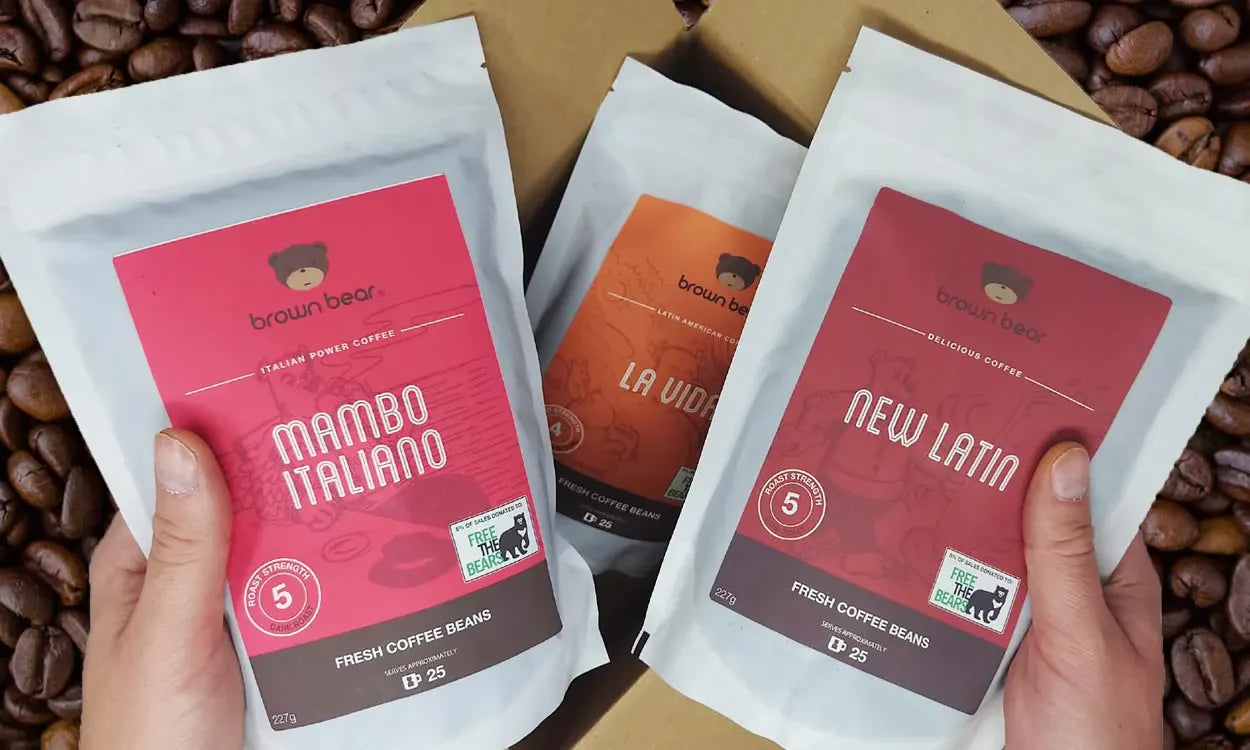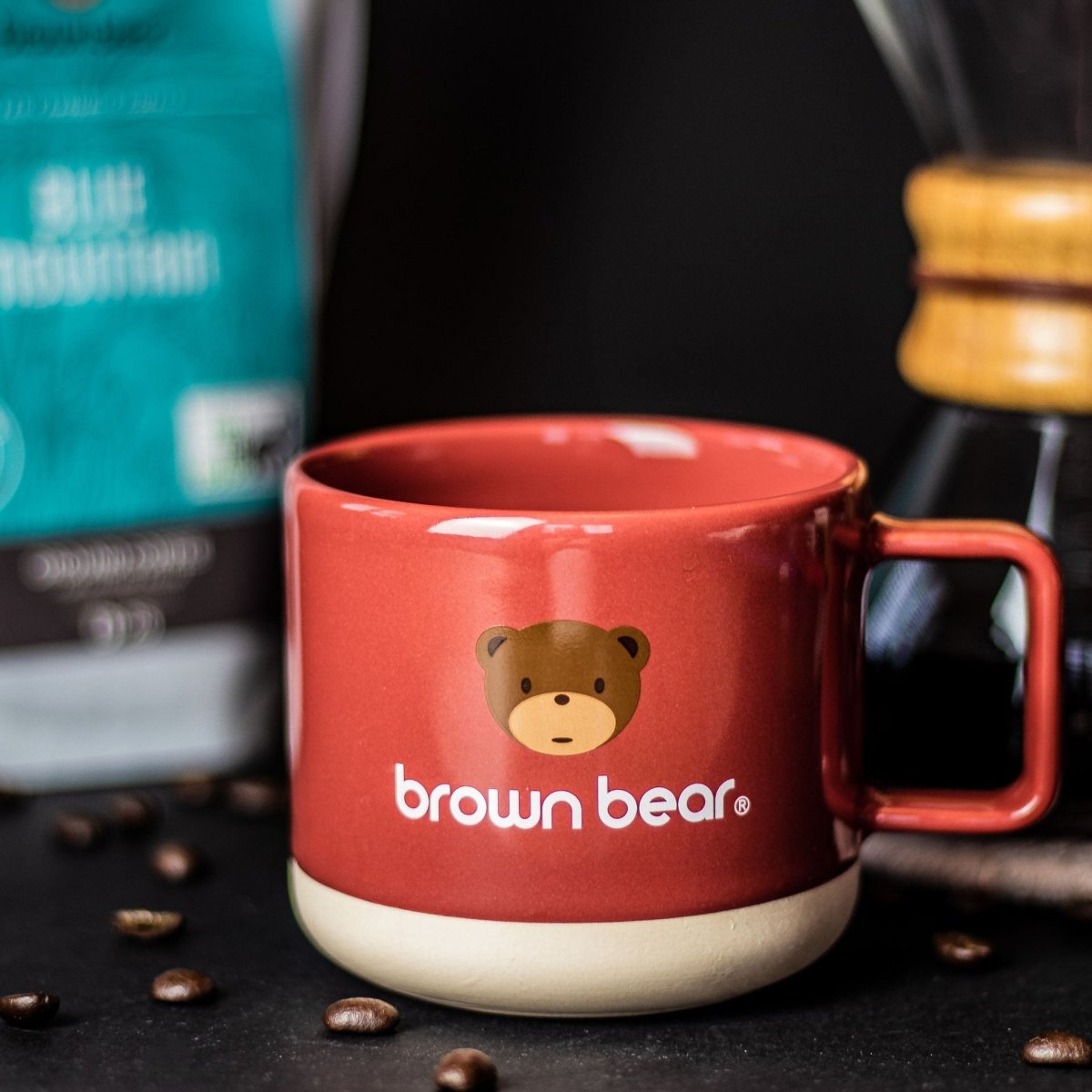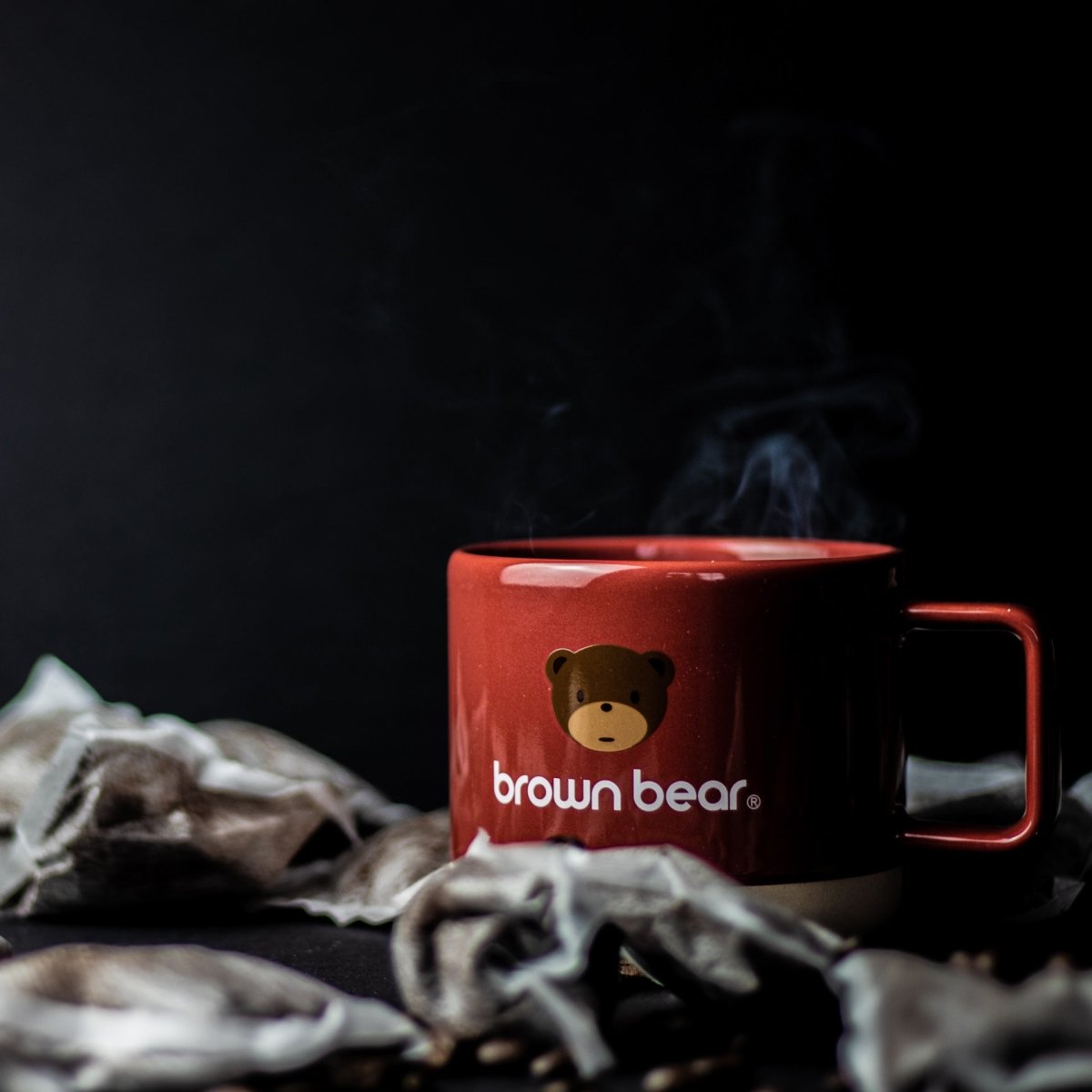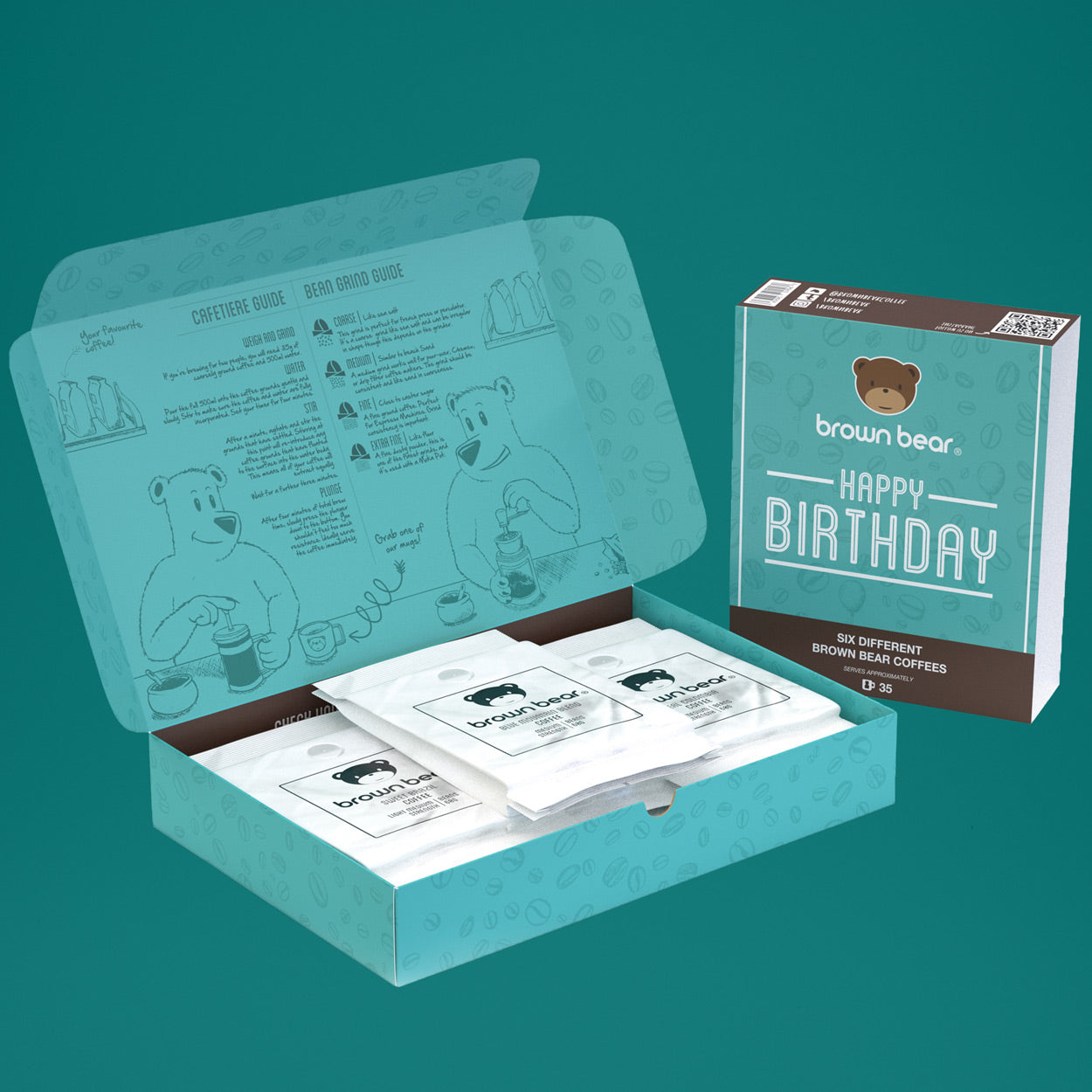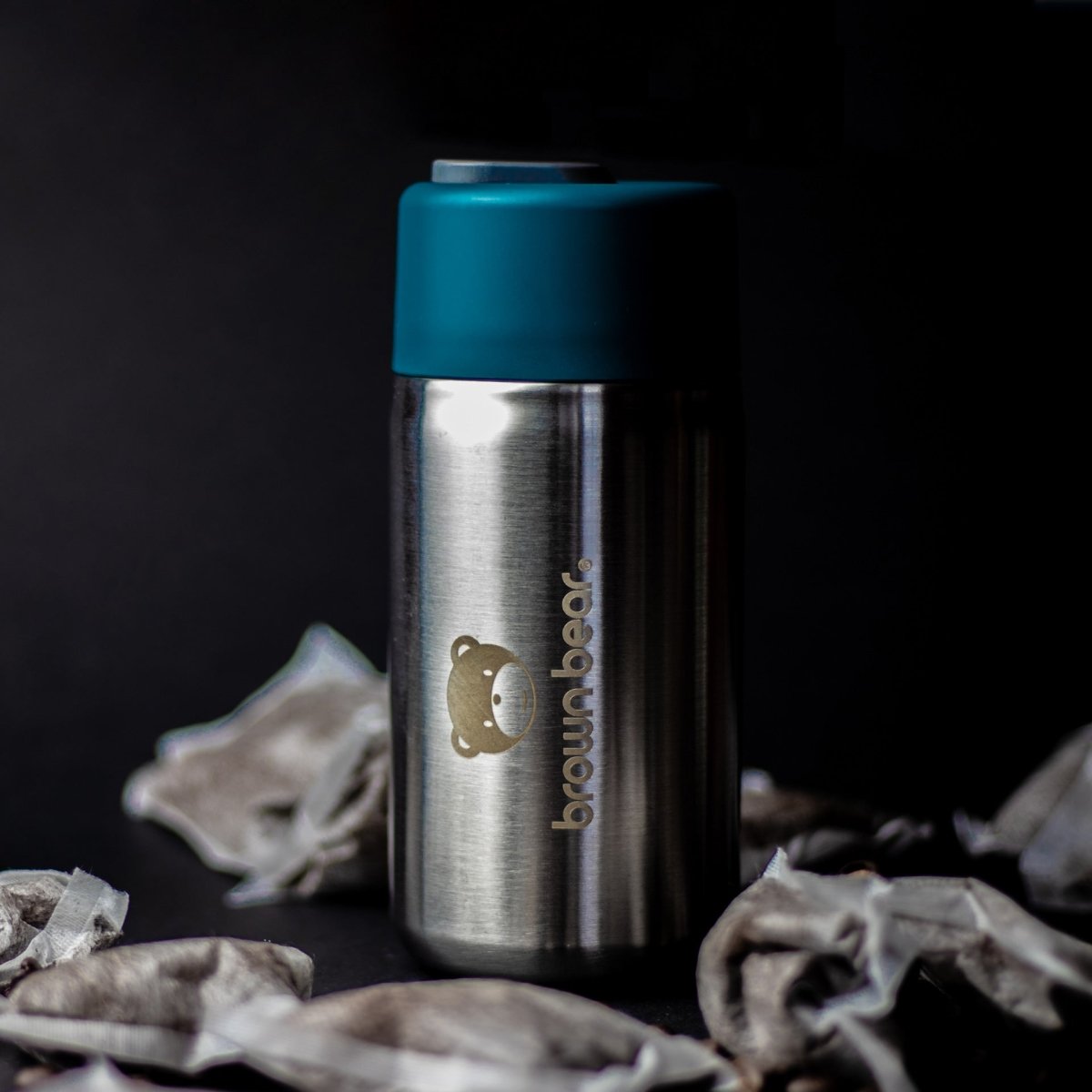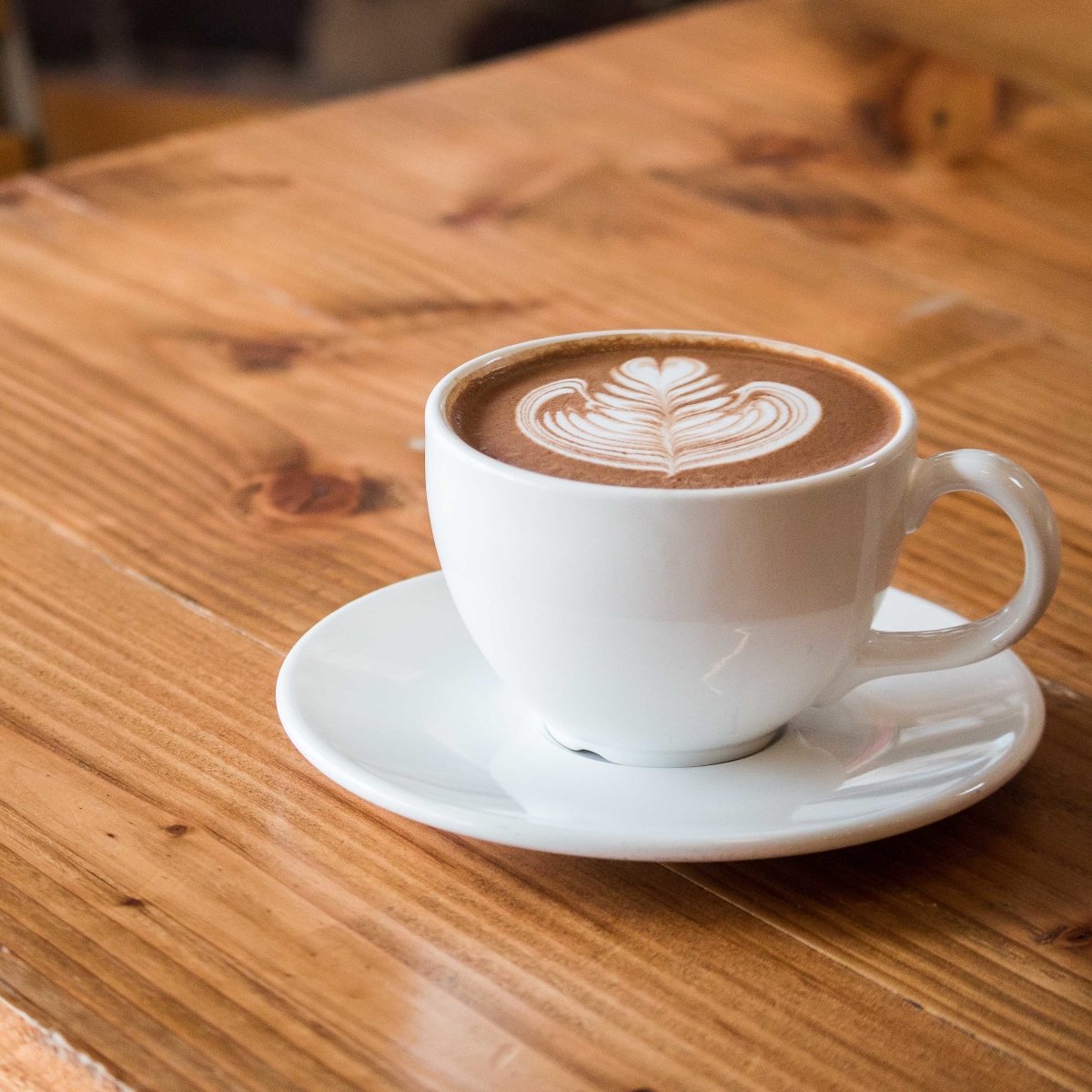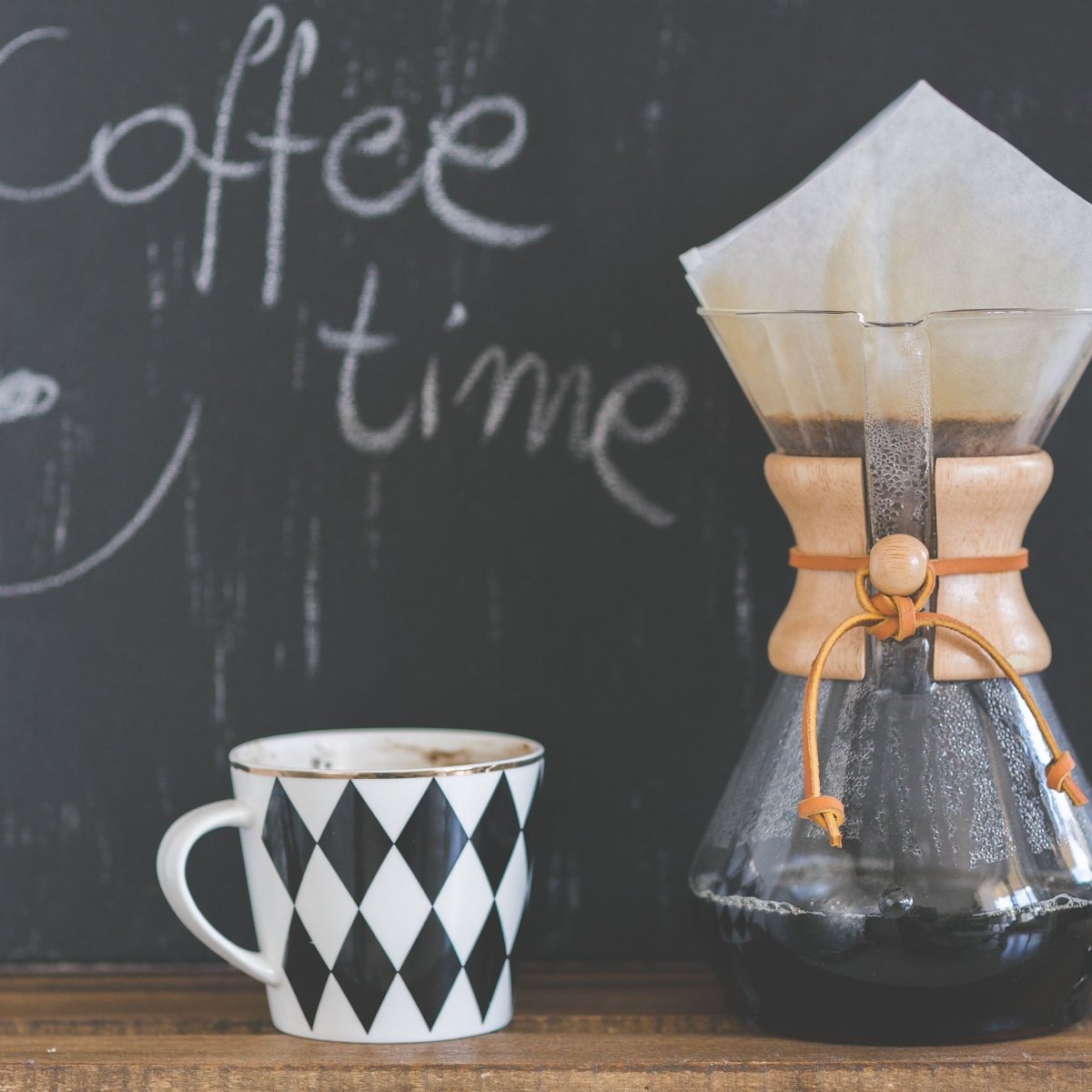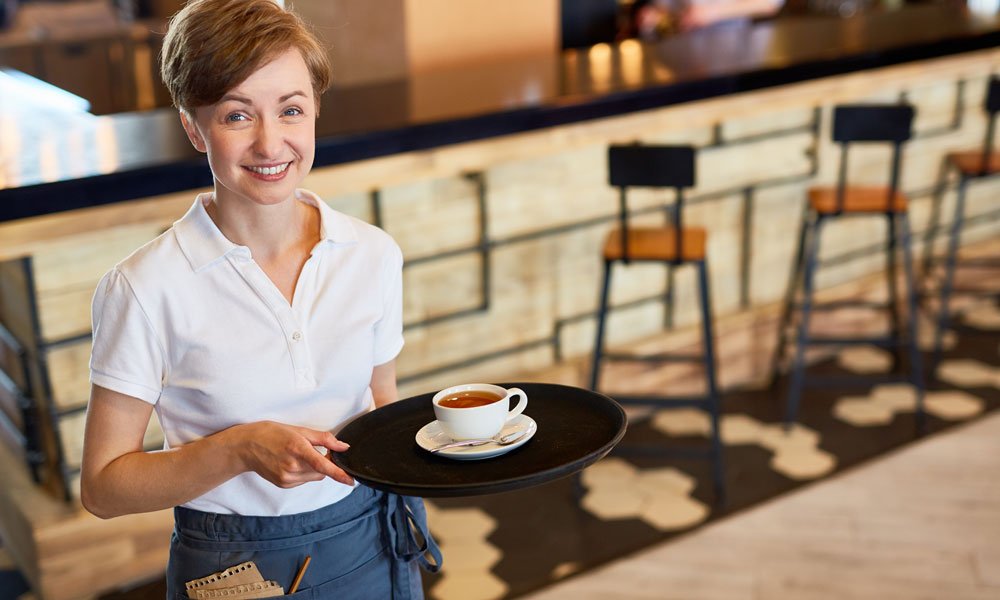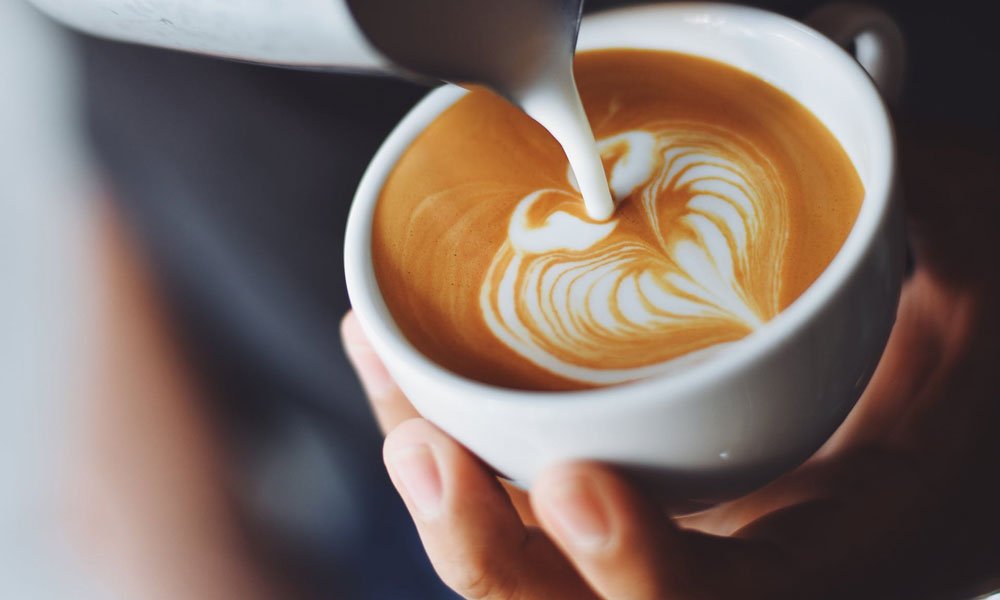With the spread of plantations to Brazil and other parts of South America, an age of coffee abundance was started which forever ended the need to traffic in illicit seedlings and plants. Increased supplies of coffee were a reflection of the growing popularity of the dark beverage. The magical drink was well on the way to becoming the popular refreshment for the masses of Western Europe.
In the seventeenth and eighteenth centuries, when the West was about to break the centuries old equilibrium with Asian, Indian, and Islamic cultures by its voyages of discovery and advances in science and government, coffee shared in its ascendancy as a democratic symbol and fuel for the thinkers of the day.
Abundant coffee supplies and the intellectual ferment of the Enlightenment ushered in the golden age of the coffee house. The coffee houses of London and Paris were perfect vessels for distilling the strange and mystical relationship between man and coffee. The ceremonial liquid of the East became the beverage served in the centres of social, business, political, and artistic life of London and Paris.
This leap points to a unique characteristic of coffee as it is strongly linked with an atmosphere of heightened spiritual or mental awareness. In seventeenth- and eighteenth-century London, there was a coffee house to represent every shade of commerce, politics, and literature. These houses generally opened off the street and were furnished at first only with tables and chairs scattered about a sanded door. Later booths or boxes were added. The walls were adorned with broadsides, newspapers, Rules of the House, playbills, auction notices, and handbills and posters advertising salves and cure-alls-in short, a cross-section of the throbbing life of London.
For the price of a penny you could enter a packed, smoke-filled room and be entertained by the scintillating wit and wisdom of the leading savants of the day--thus the reference to these houses as "penny universities." Smoke from the roaring, open fireplace, the smell of tobacco, and the aroma of freshly roasted coffee blended together to provide a dense, powerful atmosphere. Perfumes and hair oils of the day mingled with the horsey smells of saddle and coach. Patrons milled around, forming a continuously shifting throng. The words "To Insure Promptness" could be found written on the box by the till and this was the origin of the custom and the word "tip."
After the restrictive reign of Puritan Oliver Cromwell, men (for women were not allowed at this time) needed centres of social intercourse where they could learn the news and discuss it. The time was shaping a unique and powerful group of men, middle-class in terms of values and wealth, well-educated and with progressive ideas. They had found they could challenge the king and even overthrow him. They saw to it that England was governed the way they wanted, they created a free press, organized trade, and changed English prose radically. The coffee house for them was pulpit, courtroom, stage, and classroom.
Stockbrokers at the end of the seventeenth century left the Royal Exchange for Garraway's coffee house; in today's London Stock Exchange the attendants are still called waiters. At the Turk's Head the ballot-box, known as "our wooden oracle," was first used to settle discussions by vote. Lloyd's of London started out as a coffee house where marine insurers sought each out and consulted shipping lists. The Tories went to Ozindas, the Whigs to St. James. Barristers repartee at The George. If you were ill, you went to Baston's, where the doctors sharpened their medical skills. Addison and Steele gathered material for the Tatler and the Spectator in Button's.
The gradual introduction of alcoholic beverages into the London coffee house signalled the decline of the golden era. The former patrons sought the seclusion of private clubs as rowdier and less intellectual segment of a society began taking over the coffee houses. Businessmen found it more convenient and efficient to work from offices.
Tea also became popular at court and the British East India Company, profiting from increasing tea imports from the Far East, did everything possible to encourage consumption of the new beverage. Because it was more easily prepared at home, requiring only boiling water rather than roasting, grinding, and brewing, and because the speedy clipper ships could transport tea more quickly than the slower vessels bringing coffee from Asia and Africa, England became a nation of tea drinkers and the coffee houses a symbol of post-Restoration Britain.


